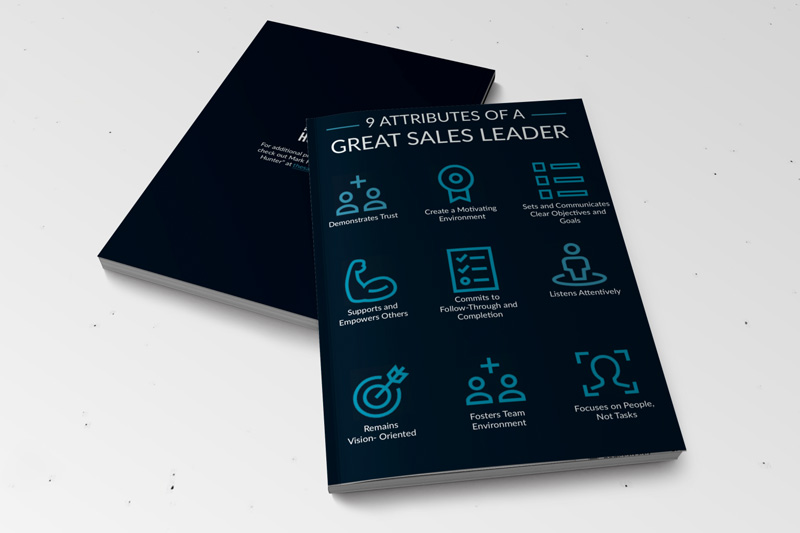 If you could help more customers and make more profit, would you? The key is in becoming a trusted advisor.
If you could help more customers and make more profit, would you? The key is in becoming a trusted advisor.
I would even argue that in today’s world, with the vast amount of information people have access to, your success in sales depends greatly on how well you can advise your customers.
Want more insight into how to do that? I recently co-authored a book titled Advisor Selling that releases in September.
Here is an excerpt:
If you ask the average salesperson if their company sells “solutions,” most likely you will get a “yes, of course we do.” But if you ask the same salesperson what “solution” they sold the last customer, they will quickly revert to telling you about their products.
You can change the name of your company, change the copy on your marketing materials, and even run a big advertising campaign to support solutions, but until everyone in the organization truly changes their behavior to selling solutions versus selling products, then it is all a big waste of time, money, and effort.
Why is Advisor Selling so important? Well, it’s not a fad or the latest trend. It is, however, the best system to be successful in today’s business climate.
Through the years, we have traveled an evolution of selling — the same evolution all of your competition has followed. First, we had a product. We sold the product the traditional route — through product selling. Product selling is when the focus of the sale is the product. You sell through logic showing how your feature set is better than the other guy’s. In other words, the focus is on you (the product) and not the customer.
So, we moved to selling these additional features by leveraging the relationships we had developed over time. People buy from us because they like us—they like the salesperson who is asking them to buy. This is what we call “relationship” selling. It is the process of leveraging the good relationships you have developed over the years with your customers.
During the next decade, the buzzword in business became “rightsizing.”
This was the process of making layoffs sound less harsh and added the practice of increasing employee responsibility and workload for those who remained. Suddenly, people did not have time for the long lunches or hang out times relationships desperately need as part of their care and feeding. Each week, people found themselves running out of week before they ran out of work.
At the same time employee productivity became under scrutiny, so did the purchase practices for companies. Instead of bonuses for increasing sales, more and more companies gave bonuses for decreasing expenses. Plus, the CFOs changed the business practice from one of “relationship and trust” in the salesperson and his or her company to one of the “lowest of three bidders.”
And thus the end of the relationship-selling era arrived. Those favorite customers, who you could always count on, now said things like, “I’m sorry, but we have to go with the other company because they have a better price and my boss is making me.” In other words, relationship selling is a lot like dating. In fact, if you have an account built solely on relationship and not on Solutions or other tangibles, then you might hear a conversation very similar to those you hear when you are dating. You know how it goes: “It’s not you, it’s me. I just think we should see other people…but I still want to be friends!”
Want to read more? The book goes into what it means to now be a trusted advisor, including the specific processes that lead to long-term success.
You can pre-order the book for only $15! That is 25% off the cover price! Go to this link to find out more.
Invest in yourself and learn what it means to be a trusted advisor!
Copyright 2014, Mark Hunter “The Sales Hunter.” Sales Motivation Blog. Mark Hunter is the author of High-Profit Selling: Win the Sale Without Compromising on Price.













